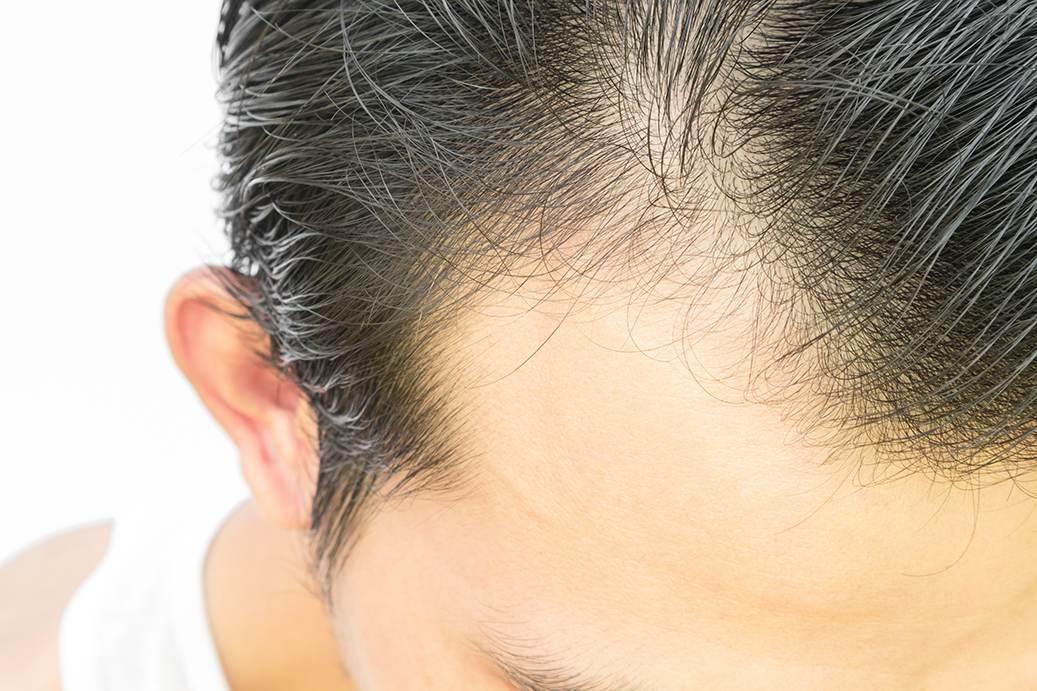
If you’re considering hair transplant surgery, it’s important to determine if you’re a good candidate for the procedure. Factors such as age, hair loss pattern, and overall health can all play a role in deciding whether you’re a suitable candidate. FUE hair transplant is a popular option for many individuals as it requires less downtime and has a lower risk of complications than other techniques like strip harvesting. Additionally, for those who lack good hair in the donor area, a beard transplant can be a viable alternative, as hair from the beard can be transplanted to the scalp. However, it’s important to note that hair transplant surgery is not a one-size-fits-all solution and that results can vary from person to person. Consulting with a qualified hair transplant surgeon is critical in determining your candidacy for the procedure and in developing a personalised treatment plan that meets your unique needs and goals.
Age considerations for hair transplant surgery
Age is an essential factor when considering hair transplant surgery. While the procedure has no specific age limit, younger individuals may not be good candidates as their hair loss pattern may still need to develop fully. In some cases, surgeons may recommend hair transplant surgery for individuals as young as 25 years old. However, it’s necessary to consider the potential for future hair loss when deciding. Older individuals may also face age-related challenges when it comes to hair transplant surgery, such as decreased skin elasticity and slower healing times. However, age alone is not the determining factor, as overall health and hair loss patterns are also important considerations. For example, suppose a younger individual has a stable hair loss pattern and good donor hair. In that case, they may be a good candidate for the procedure.
Health considerations for hair transplant surgery
Some health conditions, such as autoimmune disorders, may impact the body’s ability to heal and increase the risk of complications. Medications like blood thinners may also increase the risk of bleeding during the procedure. It’s necessary to disclose any health conditions or drugs to the hair transplant surgeon during the consultation to ensure a safe and successful outcome. Smoking can also affect the success of hair transplant surgery by reducing blood flow and oxygen supply to the scalp. Patients are often advised to quit smoking before and after the procedure to reduce the risk of complications and improve healing. Also, maintaining a healthy lifestyle, including a balanced diet and regular exercise, can help improve overall health and optimise hair transplant surgery results.
